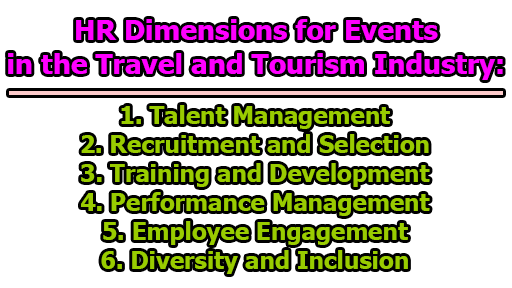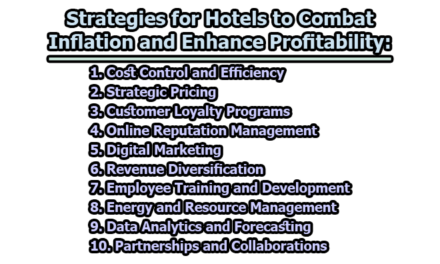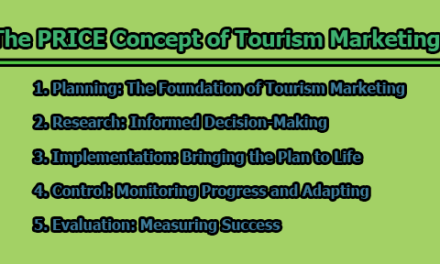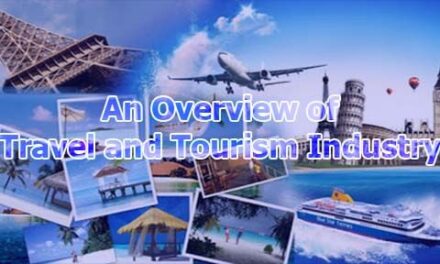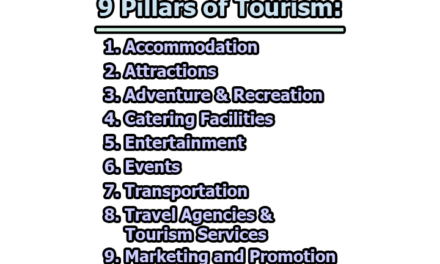HR Dimensions for Events in the Travel and Tourism Industry:
As the travel and tourism industry continues to grow, so does the importance of human resources (HR) management in ensuring the success of events in the industry. In this comprehensive guide, we will explore the HR dimensions that are critical to the success of events in the travel and tourism industry, including talent management, recruitment and selection, training and development, performance management, employee engagement, and diversity and inclusion.
1. Talent Management: Talent management is the process of attracting, identifying, developing, engaging, and retaining top talent in an organization. In the travel and tourism industry, talent management is essential for events to be successful. Event planners and organizers must have a clear understanding of the skills and competencies required for different roles and positions within their organization. They must also have a plan to identify, develop, and retain the right talent to ensure their events run smoothly.
To effectively manage talent in the travel and tourism industry, organizations must first identify the competencies and skills required for different roles within their organization. This may involve conducting a job analysis to determine the tasks, duties, and responsibilities of each position, as well as the knowledge, skills, and abilities required to perform them effectively.
Once the competencies and skills have been identified, organizations can develop job descriptions that clearly outline the requirements for each role. Job descriptions should be used as a tool for attracting talent, as well as for evaluating employee performance and providing feedback.
In addition to job descriptions, organizations can use a range of talent management strategies to attract and retain top talent. These may include offering competitive compensation and benefits packages, providing opportunities for career development and growth, offering flexible work arrangements, and fostering a positive work environment.
2. Recruitment and Selection: Recruitment and selection are critical HR dimensions for events in the travel and tourism industry. Event planners and organizers must have a well-planned recruitment and selection process to ensure they attract and hire the right people for their events. This process involves attracting a pool of qualified candidates, evaluating their skills and qualifications, and selecting the best candidates for each role.
To attract a pool of qualified candidates, event planners, and organizers must use a range of recruitment strategies, such as advertising job openings on job boards, social media platforms, and industry-specific websites. They may also use networking events and employee referrals to identify potential candidates.
Once a pool of candidates has been identified, event planners and organizers must evaluate their skills and qualifications through a range of selection tools, such as resumes, cover letters, interviews, and skills tests. They must also ensure they comply with legal and ethical standards in their hiring practices, such as avoiding discrimination based on race, gender, age, or disability.
3. Training and Development: Training and development are critical HR dimensions for events in the travel and tourism industry. Event planners and organizers must provide their employees with the necessary knowledge, skills, and competencies to perform their roles effectively. This involves identifying the training needs of employees, developing and delivering training programs, and evaluating the effectiveness of these programs.
To identify the training needs of employees, event planners, and organizers can conduct a training needs analysis (TNA) to determine the skills and competencies required for each role. TNAs may involve surveys, focus groups, or individual interviews to gather information from employees about their training needs.
Once the training needs have been identified, event planners and organizers can develop and deliver training programs that address these needs. Training programs may include classroom training, on-the-job training, coaching, and mentoring. They may also include e-learning programs and online training courses.
After the training programs have been delivered, event planners and organizers must evaluate their effectiveness to ensure they are meeting the intended learning objectives. The evaluation may involve measuring employee performance before and after the training, conducting surveys, or gathering feedback from employees.
4. Performance Management: Performance management is the process of setting expectations, evaluating performance, providing feedback, and developing plans for improvement. In the travel and tourism industry, performance management is critical for ensuring that events are successful and meet the needs of customers.
To effectively manage employee performance, event planners and organizers must first set clear expectations for each role. This may involve developing job descriptions that clearly outline the duties and responsibilities of each position, as well as the performance standards that employees are expected to meet.
Once expectations have been set, event planners and organizers can evaluate employee performance through a range of tools, such as performance appraisals, 360-degree feedback, and self-assessments. They can also use metrics such as customer satisfaction ratings and revenue generated to evaluate the performance of their events.
After the performance has been evaluated, event planners and organizers must provide feedback to employees on their strengths and areas for improvement. Feedback should be specific, timely, and actionable, and should be used to develop plans for improvement.
5. Employee Engagement: Employee engagement is the degree to which employees are committed to their work and their organization. In the travel and tourism industry, employee engagement is critical for ensuring that events are successful and meet the needs of customers. Engaged employees are more likely to provide excellent customer service, work collaboratively with others, and contribute to the success of the organization.
To foster employee engagement, event planners and organizers must create a positive work environment that supports employee well-being and development. They can do this by providing opportunities for career growth and development, offering competitive compensation and benefits packages, and fostering a culture of inclusion and belonging.
Event planners and organizers can also engage employees by involving them in decision-making processes and seeking their feedback on organizational policies and procedures. They can also recognize and reward employees for their contributions to the success of events, and celebrate milestones and achievements as a team.
6. Diversity and Inclusion: Diversity and inclusion are critical HR dimensions for events in the travel and tourism industry. Diversity refers to the range of different backgrounds, experiences, and perspectives that employees bring to an organization. Inclusion refers to the extent to which employees feel valued and respected for their differences.
To foster diversity and inclusion in the travel and tourism industry, event planners and organizers must create a culture that values and respects differences. This may involve implementing policies and procedures that promote diversity and inclusion, such as diversity training programs and inclusive hiring practices.
Event planners and organizers can also promote diversity and inclusion by creating a safe and welcoming environment for all employees and providing opportunities for employees to connect and collaborate with others from diverse backgrounds. They can also ensure that their events are accessible and inclusive for all attendees, regardless of their race, gender, age, or disability.
It is apparent that HR dimensions are critical to the success of events in the travel and tourism industry. Event planners and organizers must have a clear understanding of the skills and competencies required for different roles, as well as a plan to attract, develop, and retain top talent. They must also have a well-planned recruitment and selection process, and provide their employees with the necessary training and development to perform their roles effectively. Event planners and organizers must also effectively manage employee performance, engage employees, and foster a culture of diversity and inclusion. By implementing these HR dimensions, event planners and organizers can ensure that their events meet the needs of customers and contribute to the success of their organizations.
References:
- Kim, H., & Gursoy, D. (2019). HR practices and organizational performance in the event management industry. International Journal of Hospitality Management, 82, 103-112.
- Foley, C., & Foley, A. (2019). Human resource management and training for the event industry: A case study of an Irish event company. Journal of Hospitality, Leisure, Sport & Tourism Education, 24, 17-26.
- Stanciulescu, G., & Cismaru, D. M. (2021). The impact of recruitment and selection practices on the performance of the events industry. Sustainability, 13(4), 1895.
- Wang, D., Li, X., & Goh, B. (2021). Career development in the hospitality and tourism industry: A review of literature and implications for HRM. Journal of Human Resources in Hospitality & Tourism, 20(1), 1-27.
- Li, X., & Wang, D. (2020). Organizational culture and employee retention in the tourism and hospitality industry: A review of literature and implications for future research. Journal of Human Resources in Hospitality & Tourism, 19(1), 1-24.
- Gheorghe, C. M., & Ioncica, D. (2019). Employee engagement in the tourism industry: A systematic literature review. Sustainability, 11(21), 5967.
- Rakić, T., Petrović, M. D., & Todorović, M. L. (2019). Human resource management practices in the hospitality industry: A comprehensive review. Journal of Hospitality and Tourism Management, 39, 60-70.
- Li, Y., Wang, X., Chen, Y., & Li, X. (2020). Diversity management and employee performance in the hospitality and tourism industry: The mediating role of person–organization fit. International Journal of Hospitality Management, 90, 102647.
- Liu, Z., & Li, L. (2020). The influence of inclusive leadership on employee retention in the hospitality industry: A mediating role of psychological safety. Journal of Human Resources in Hospitality & Tourism, 19(1), 25-48.

Library Lecturer at Nurul Amin Degree College

